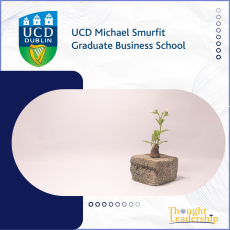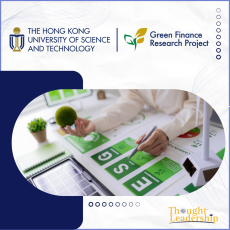The seminar’s faculty Filipe Alfaiate (impact entrepreneur and policy advisor) and Lilian Lehmann (evidence-to-policy practitioner) frame a clear vision: treat sustainability not as branding but as method, powered by the UN SDGs and enacted through ethical, data-literate decision-making. Students have consistently rated the course outstanding for building awareness, empathy, and an action orientation toward sustainable business and social innovation, which signals that the pedagogy resonates with what ambitious graduates want to become.
Two design choices make this seminar uniquely effective for advanced learners.
- First, the learning objectives broaden managerial perspective beyond firm boundaries: curiosity (exploring how migrant communities shape Lisbon’s economic and civic fabric), internationalism (a global challenge localized), responsible citizenship (taking ownership of your agency), reflective critical thinking (finding your position amid ambiguity), and comprehensive leadership (connecting accountability with ethical and cultural frameworks). This is not abstract ethics; it’s structured self-inquiry requiring you to triangulate narratives, examine evidence, and identify trade-offs — all of which are transferable to strategy, operations, or product roles.
- Second, the seminar emphasizes “learning by doing” while maintaining analytic rigor: students engage with organizations across four city areas and then translate their observations into defendable claims, mirroring real consulting, policy, or venture work where qualitative insights must become actionable decisions.
The program architecture is purpose-built to develop those muscles. Day 1 opens with an expert briefing on migration in Lisbon, rapid team formation, and several hours of independent fieldwork with local organizations, which are close enough to the problem to feel its complexity but structured enough to gather comparable data across teams. Day 2 shifts to the Nova SBE campus for focused group work, a practitioner panel to pressure-test assumptions, and capstone presentations in which each team “tells the story” of what they learned through an accountable forum that rewards evidence, clarity, and ethical sensitivity over theatrics. The instructors’ backgrounds does matter: Alfaiate brings two decades across 30+ countries advising governments, nonprofits, and firms on sustainability and impact entrepreneurship; Lehmann contributes 15+ years turning rigorous evidence into better decisions across NGOs and public policy. Their facilitation keeps the seminar anchored in impact management rather than performative activism, and helps students connect community insights to managerial levers.
For praxis, the course invites you to operate like a thoughtful analyst and a principled leader. Before fieldwork, write down your priors: What do you expect to see, and why? During visits, collect disconfirming evidence and map stakeholders (beneficiaries, intermediaries, funders, regulators). Afterward, translate observations into testable hypotheses linked to SDG targets and business levers, like hiring pipelines, service accessibility, product design, supplier inclusion. In your final presentation, propose one implementable pilot with a learning objective, a minimal viable metric (reach, cost, outcome), and a 60-day feedback loop with a community partner.
Post-seminar, turn insights into a professional edge:
(1) Integrate inclusive hiring or access-to-services checks into any team you join
(2) Build a micro-portfolio showcasing field notes, stakeholder maps, and a pilot logic model
(3) Seek electives or thesis topics that extend this work into measurable interventions.
kFor students headed into consulting, policy, or venture roles, this seminar is not a one-off, but a template for how to approach complex problems with humility, analytical discipline, and a bias to action.




